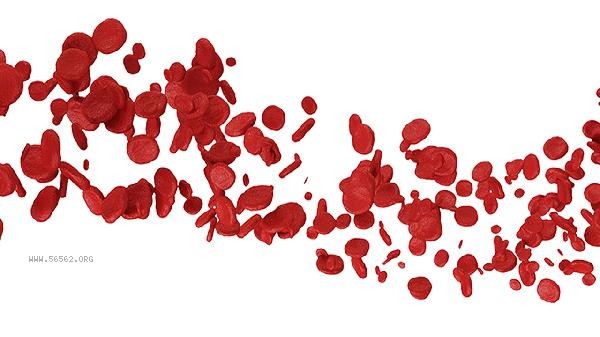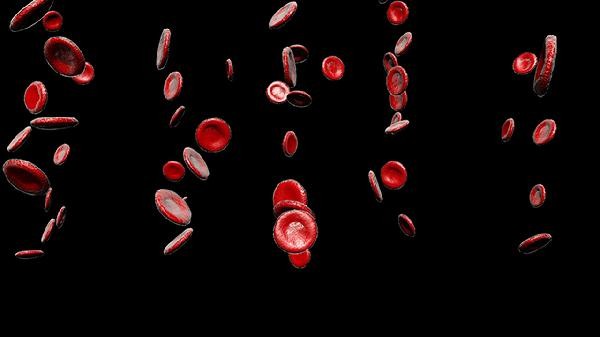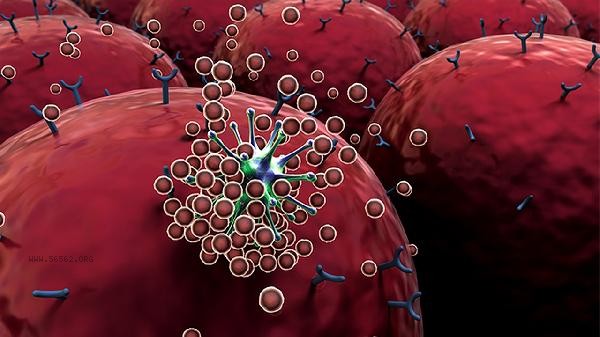High red blood cell count is usually not recommended for self medication, and targeted treatment should be carried out after identifying the cause. Common intervention methods include adjusting drinking habits, reducing high purine diets, oxygen therapy, bloodletting therapy, and primary disease treatment.

1. Adjust drinking habits:
It is recommended to drink 2000-3000 milliliters of water per day to dilute blood concentration. Especially drinking warm water on an empty stomach in the morning can promote metabolism and avoid relative red blood cell count caused by dehydration. Long term lack of drinking water can worsen blood viscosity.
2. Reduce high purine diet:
Limit the intake of high purine foods such as animal organs and seafood to avoid excessive bone marrow hematopoietic function. Suggest adding diuretic vegetables such as winter melon and celery to promote uric acid excretion. Secondary erythrocytosis is often associated with metabolic abnormalities.
3. Oxygen therapy:

Compensatory erythrocytosis caused by chronic hypoxia requires low flow oxygen therapy to improve blood oxygen saturation. Daily home oxygen therapy should not exceed 15 hours, with oxygen concentration controlled at 2-3 liters per minute. Residents in high-altitude areas need to pay special attention to blood oxygen monitoring.
4. Bloodletting therapy:
Patients with polycythemia vera can use therapeutic venous bloodletting, with a volume of 200-400 milliliters per bloodletting, to reduce the hematocrit to below 45%. It is necessary to operate and monitor ferritin levels in medical institutions to avoid iron deficiency.
5. Primary disease treatment:
Secondary erythrocytosis requires targeted treatment for underlying diseases such as lung disease and sleep apnea. Chronic obstructive pulmonary disease requires the use of bronchodilators, while tumor diseases such as kidney cancer require surgery or targeted therapy. People with high red blood cell count should maintain moderate aerobic exercise such as brisk walking and swimming, 3-5 times a week, for more than 30 minutes each time. Pay attention to supplementing vitamin B12 and folic acid in diet, and consume hematopoietic raw materials such as spinach and pig liver in moderation. Quit smoking, limit alcohol consumption, and avoid long-term exposure to high-altitude environments. Regularly review blood routine and bone marrow puncture, and patients with polycythemia vera need lifelong follow-up. When experiencing abnormal symptoms such as dizziness and skin itching, it is necessary to seek medical attention promptly to investigate the risk of blood clots.










Comments (0)
Leave a Comment
No comments yet
Be the first to share your thoughts!